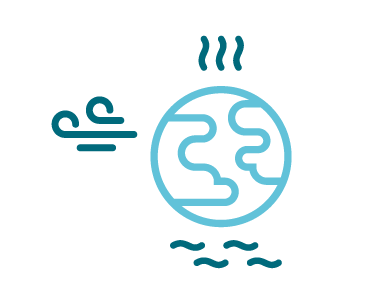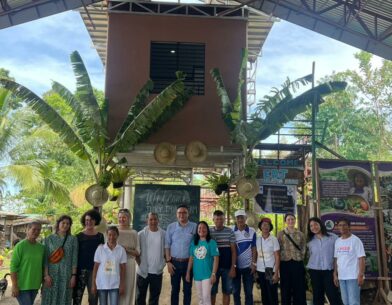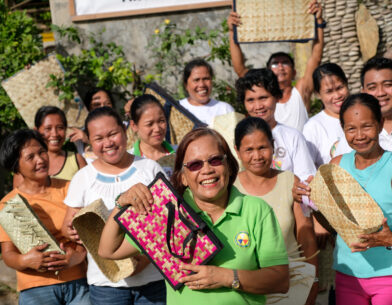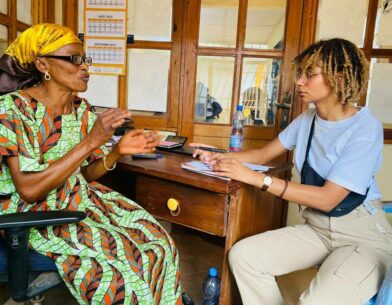
Business development and market access
Trias supports organisations of farmers and entrepreneurs to strengthen the production, income and livelihoods of their members. We support our partners to become financially self-sufficient and actively encourage a sustainable and inclusive entrepreneurial spirit. Moreover, we look at how we can create conditions that support equal growth opportunities and access to potential markets.







